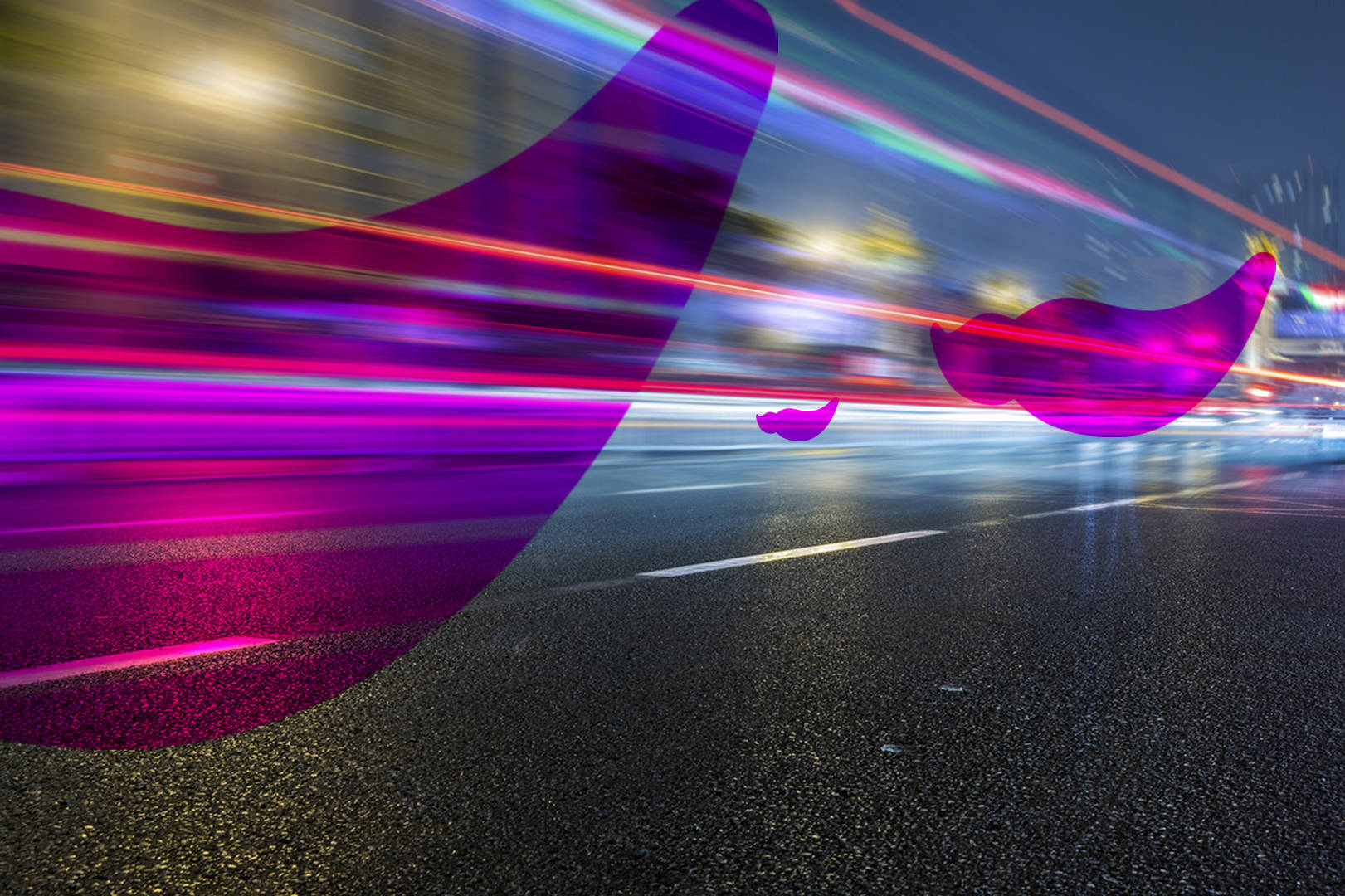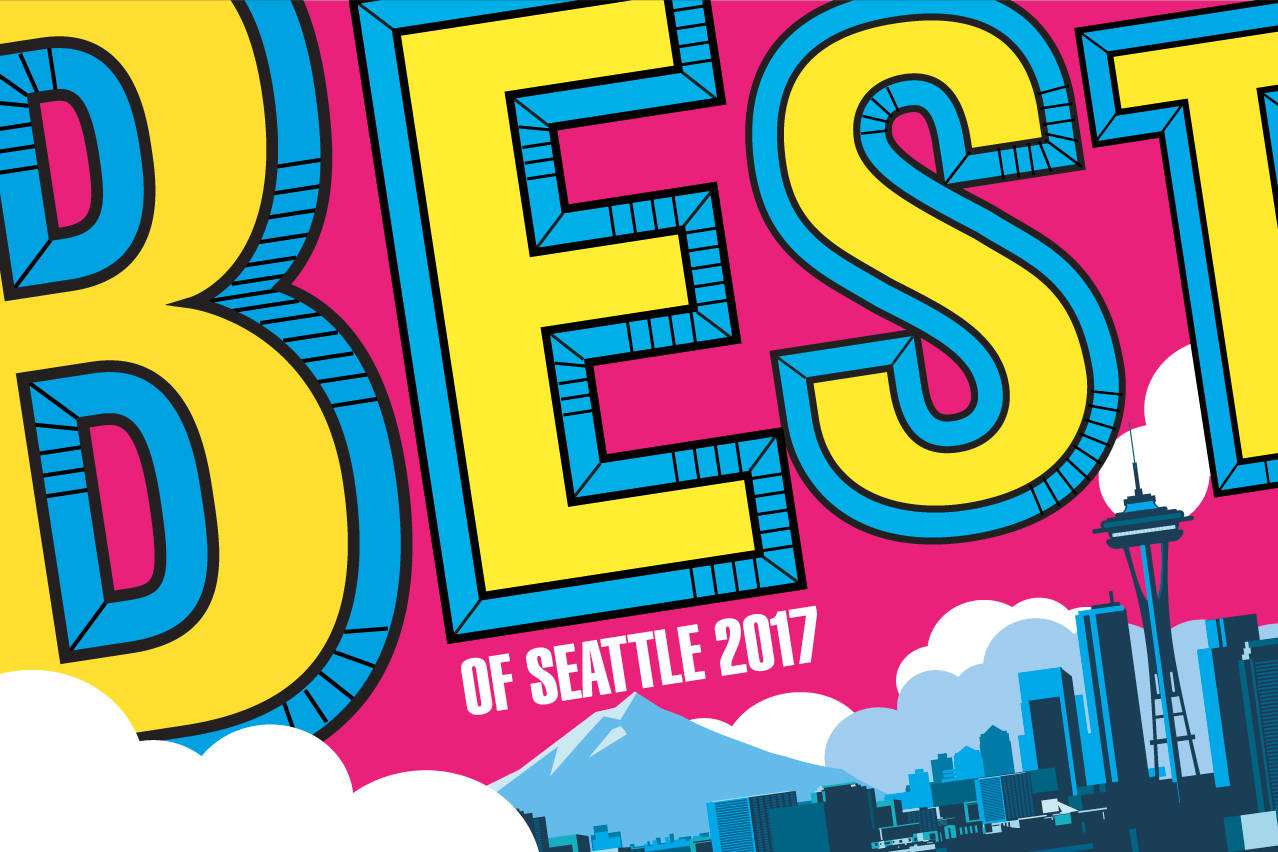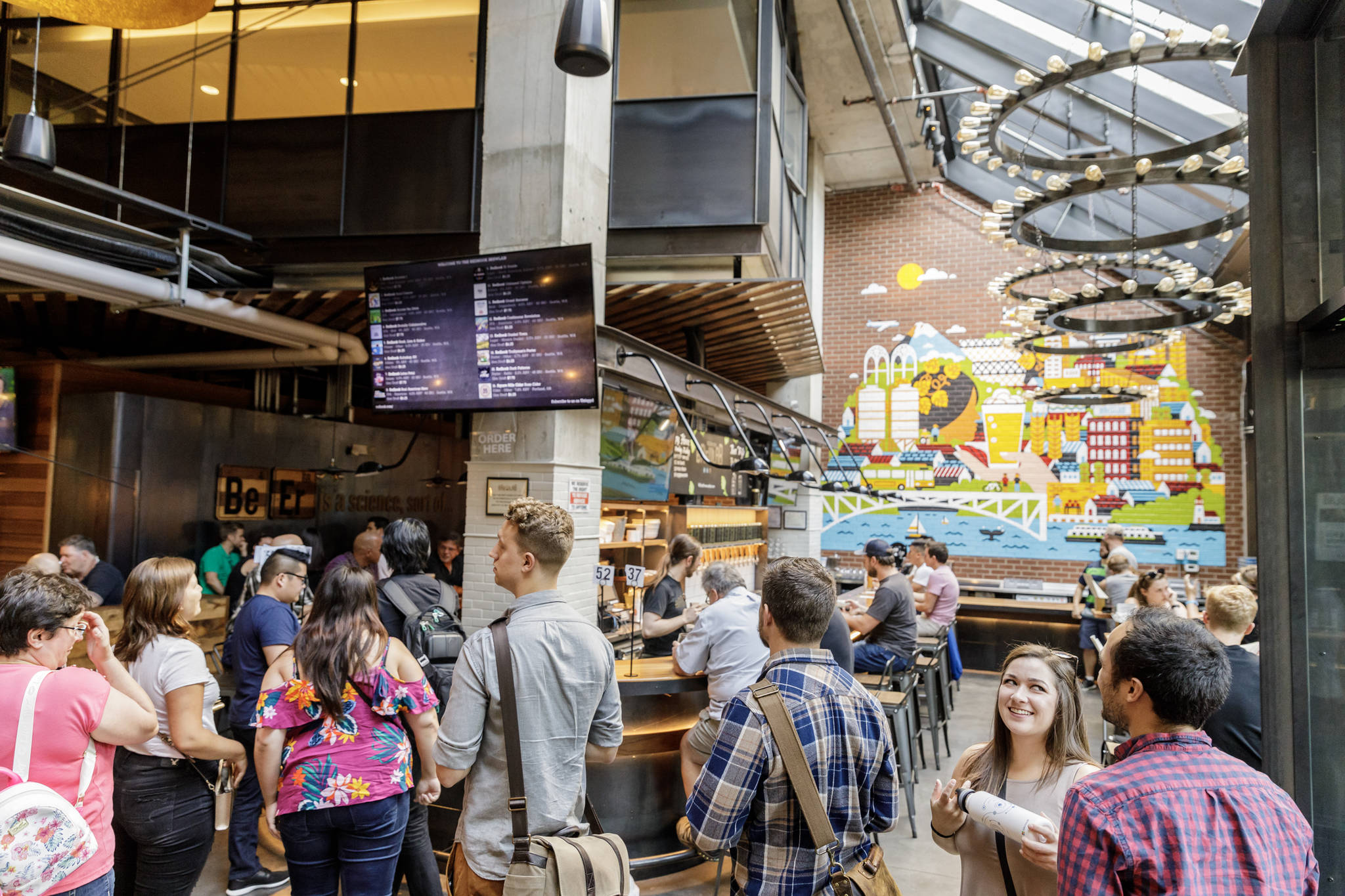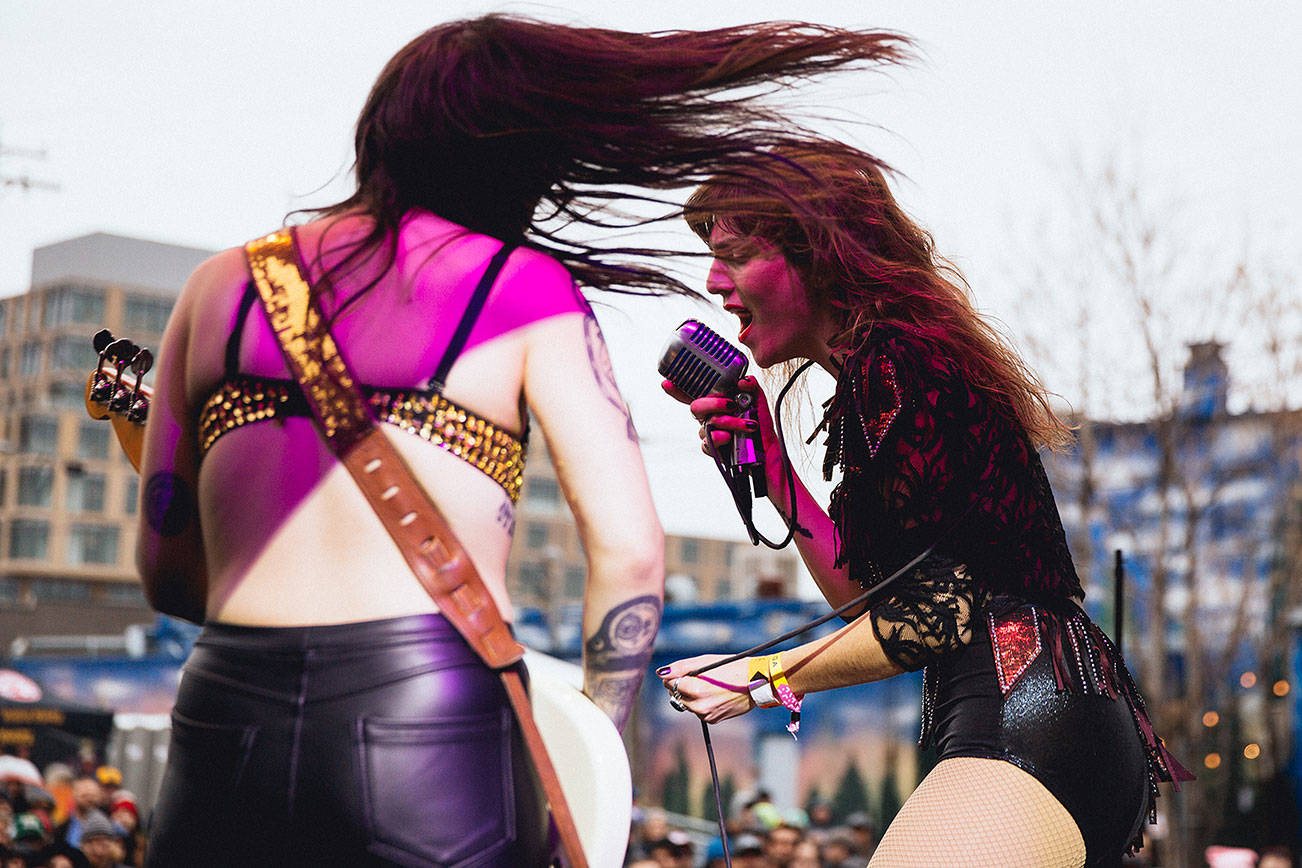Tsegaye Desta drove for Uber for about two years. Then he switched to Lyft. “I got pissed off at them,” he says with a shrug during a recent ride across downtown Seattle. “That’s why I just moved.”
This was a clear theme among the half-dozen Lyft rides I took across central Seattle recently: Drivers tend to prefer the once-mustachioed interloper, thought to be gaining even more traction after Uber’s terrible, horrible, no good, very bad year.
And riders seem to, too. Last year, when Seattle Weekly put the call out for “best rideshare,” Seattle voted for Uber. This year, by a landslide, the winner was Lyft.
And true, times have been tough for the brash rideshare giant. Scandals at everyone’s favorite company to hate finally piled high enough that founder and CEO Travis Kalanick stepped down in late June. Uber investors had begun calling for Kalanick’s resignation back in February, primarily in response to the company’s alleged mishandling of sexual-harassment accusations and reports of a toxic work environment. But there were other scandals, too, such as a lawsuit against the company for supposedly pilfering trade secrets from Waymo’s self-driving car; a federal probe into a software tool Uber had used to deceive and evade local regulatory authorities; and the #DeleteUber campaign in late January, when hundreds of thousands of users believed Uber was capitalizing on a taxi protest following the roll-out of President Donald Trump’s first attempt at a travel ban for six Muslim-majority countries. Many users also criticized Kalanick for briefly joining Trump’s business advisory council. (He dropped out in early February.) And those are just a few of the latest tidbits that seem to burnish Uber’s longstanding reputation as an aggressive, rule-breaking, enemy-crushing symbol of corporate overreach.
Though some argue that Uber sets a low bar, there are far fewer scandals associated with Lyft. And anecdotally speaking, Lyft is thought to be more driver-friendly. The drivers I rode with confirmed this perception, and some less-anecdotal evidence supports it, too: According to a survey of 1,150 drivers released this January, more than 75 percent of those who drive primarily for Lyft report feeling satisfied with their experience, while less than half who drive for Uber feel the same way.
Desta, for one, is making a whole lot more money than he was with Uber: “At least by 30 percent I make more,” he says, thanks to hourly guarantees and bonuses. Brazil native and Kirkland resident Andre Messias says he too can take home more money driving for Lyft; his English is limited, but, he tells me with a laugh, “Uber’s just… too much Uber! For me, Lyft is a lot better.” Chenaniah Hall, a lifelong Seattleite who began driving solely for Lyft in June to support her young family, says that one of the girlfriends who encouraged her to try it drives for both services, and prefers Lyft “because of the perks.”
Jason Townsen, a Tacoma resident who drives for Lyft in Seattle a few nights a week to fundraise for the boys’ basketball team he coaches, says he began driving for Lyft, not Uber, at the urging of his wife, who claimed that Uber supports Trump. “I have to listen to my wife!” he jokes. “I didn’t bother to double-check her source on that.”
Kassim, a driver who asked his last name not be used, as he still drives for both companies, says “I love Lyft” in large part because until a few weeks ago, Lyft was the only one of the two to allow customers to tip their drivers. Kassim relies on that additional income. Part of the reason he still drives for Uber is that the app has more users; sometimes Lyft calls can be a little slow to come in. But there’s something a little less tangible at play, too. “I like these guys,” he says of Lyft. “They are my friends. … I’ve never had any problem with the both of them so far, but you know, it’s like … When somebody take care of you, you like it, right?” He turns around and gives me a grin. “Most of the drivers, if you ask that question, they will definitely say Lyft.”
sbernard@seattleweekly.com









